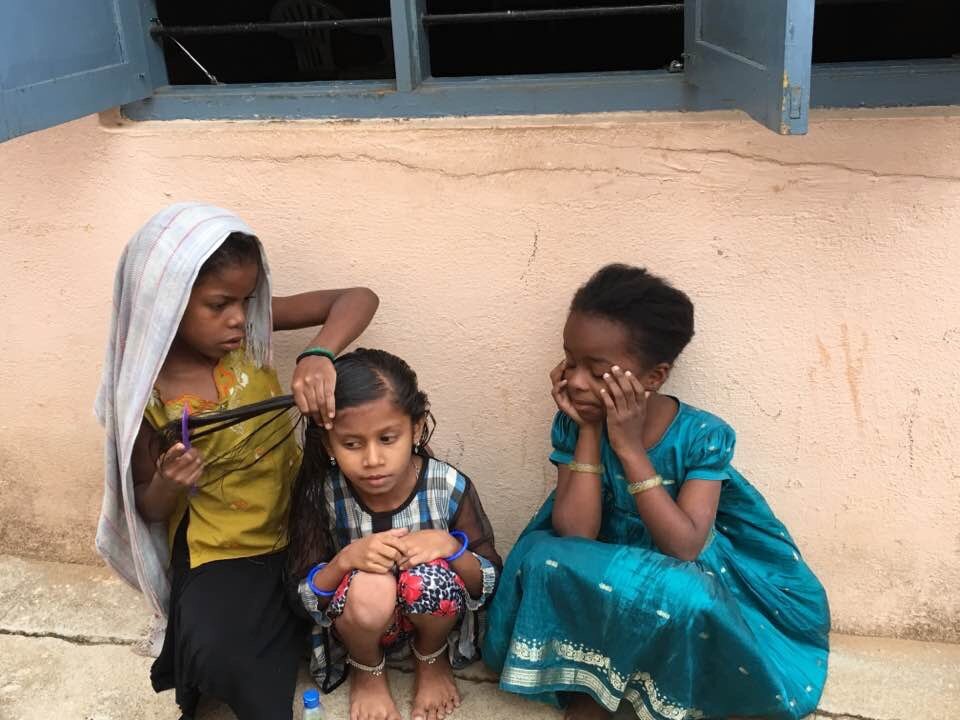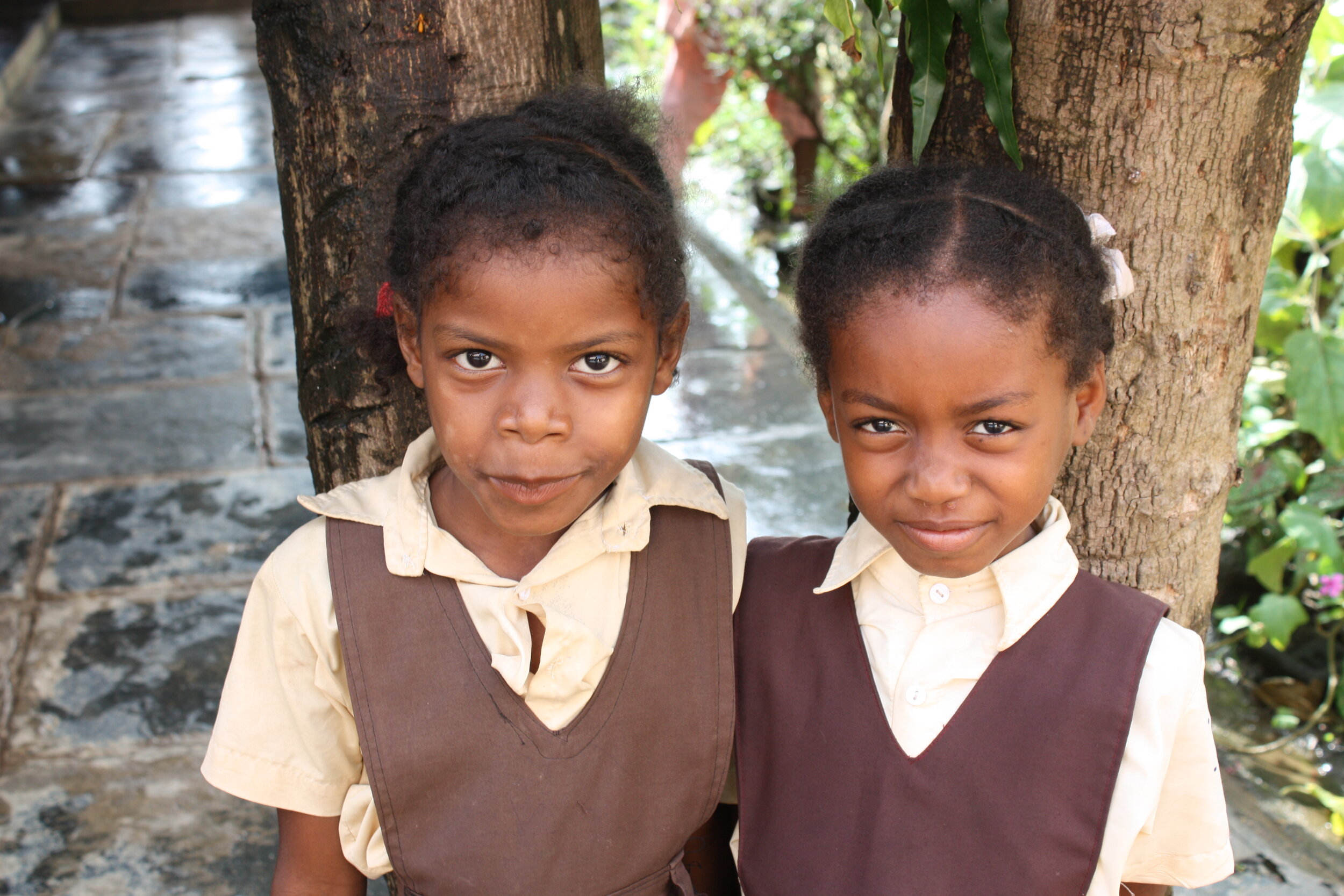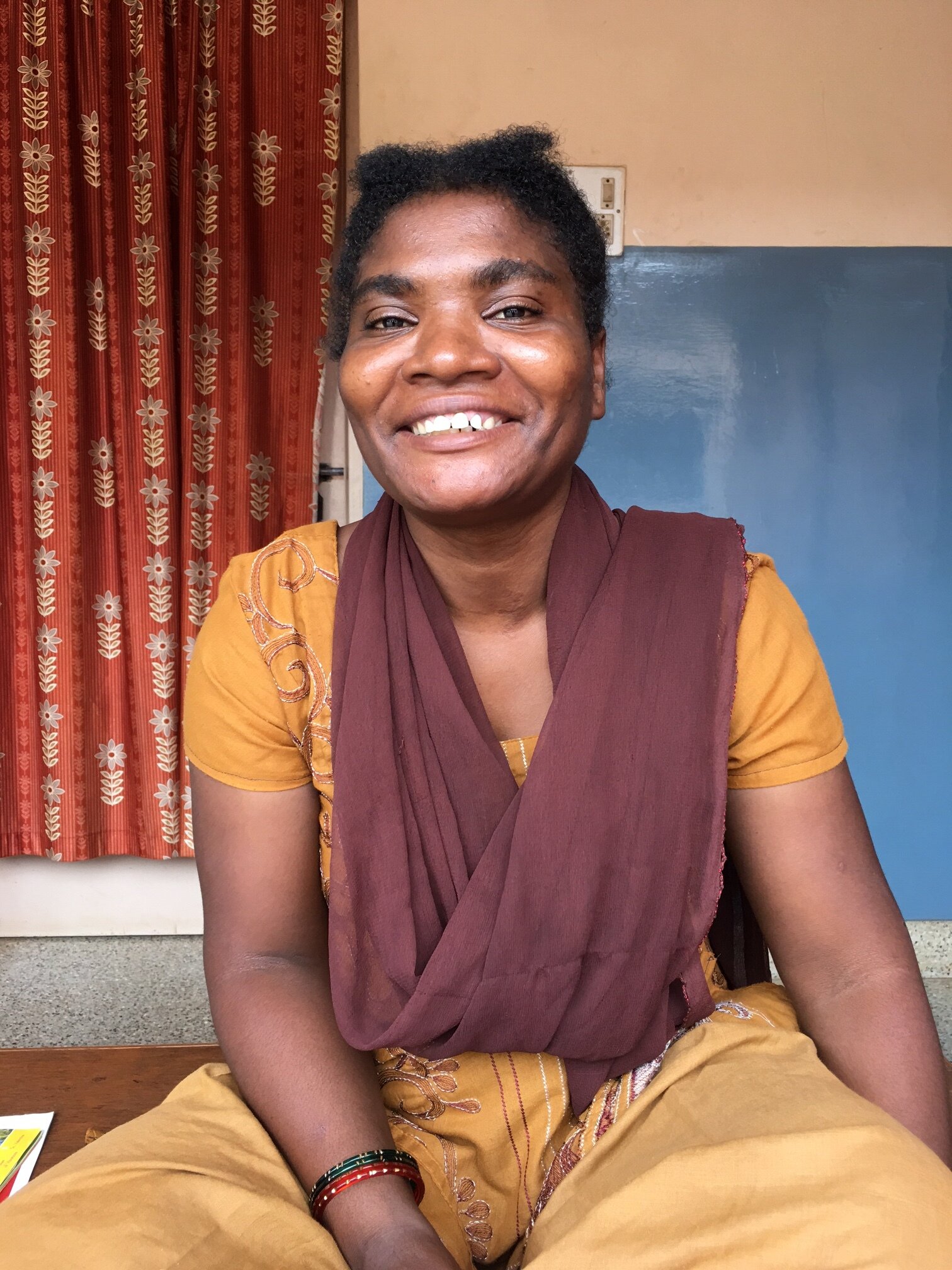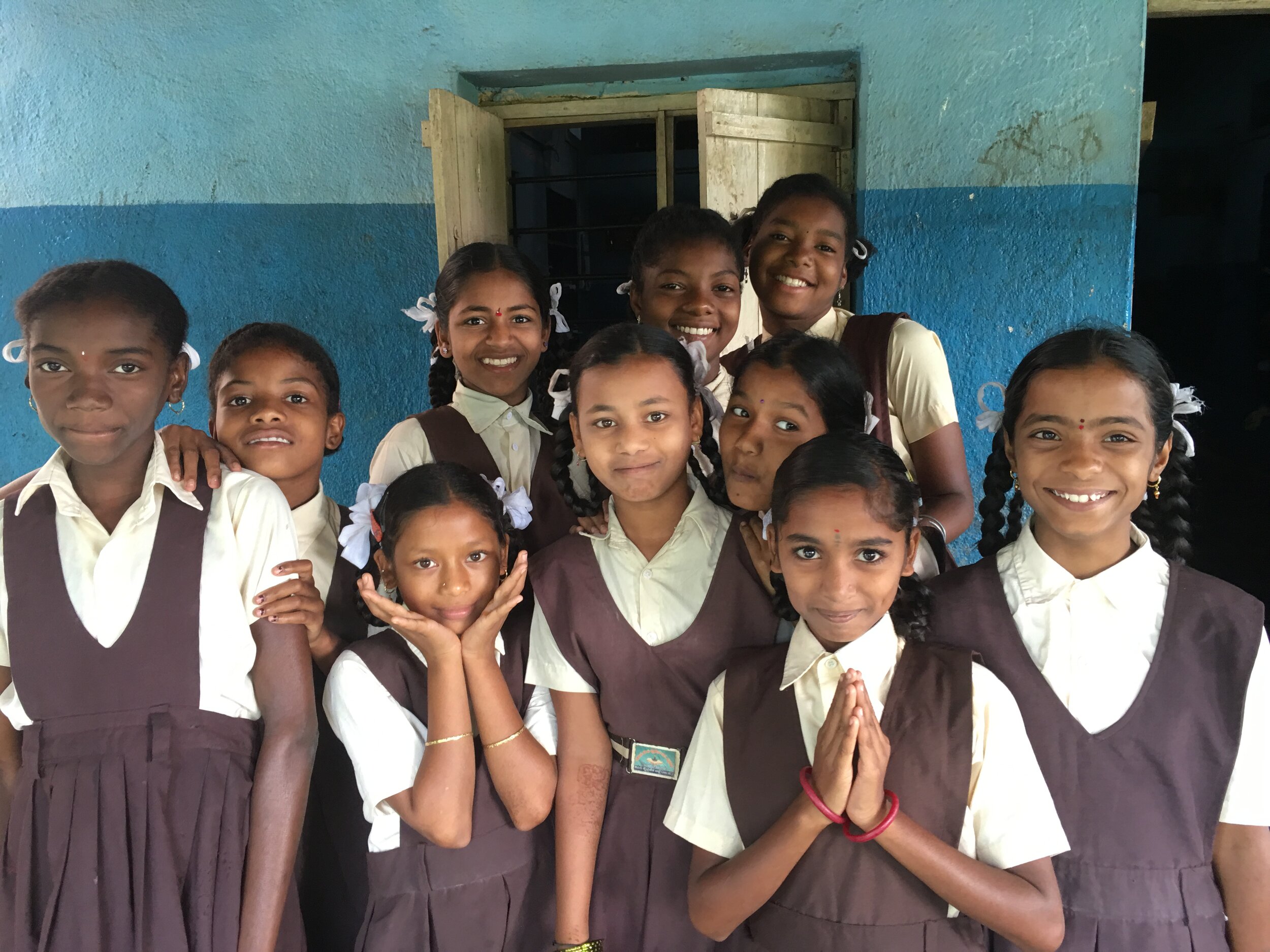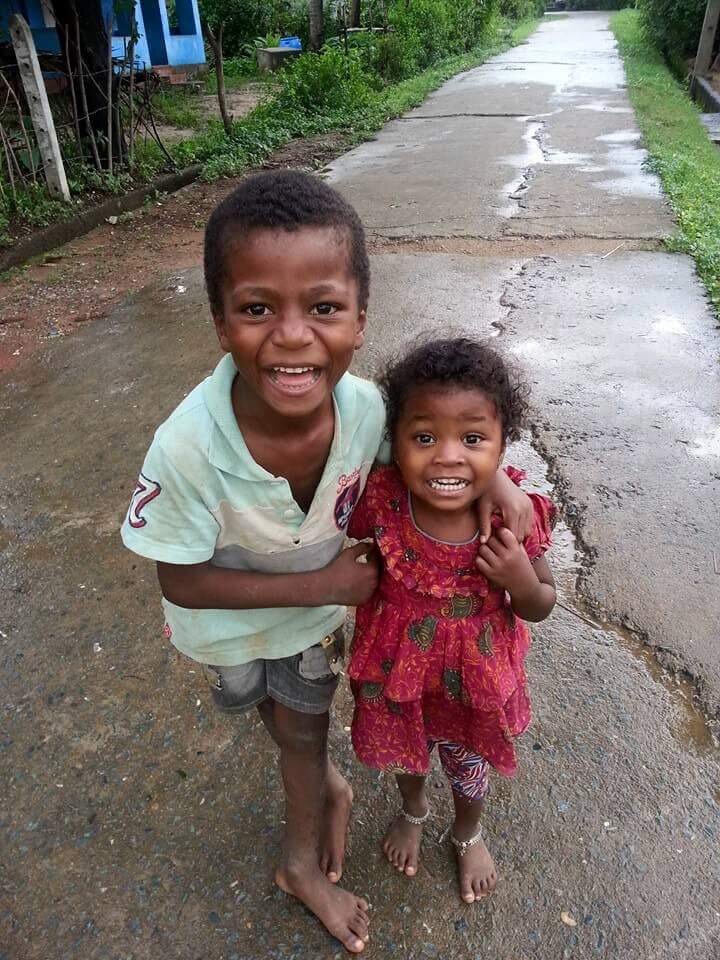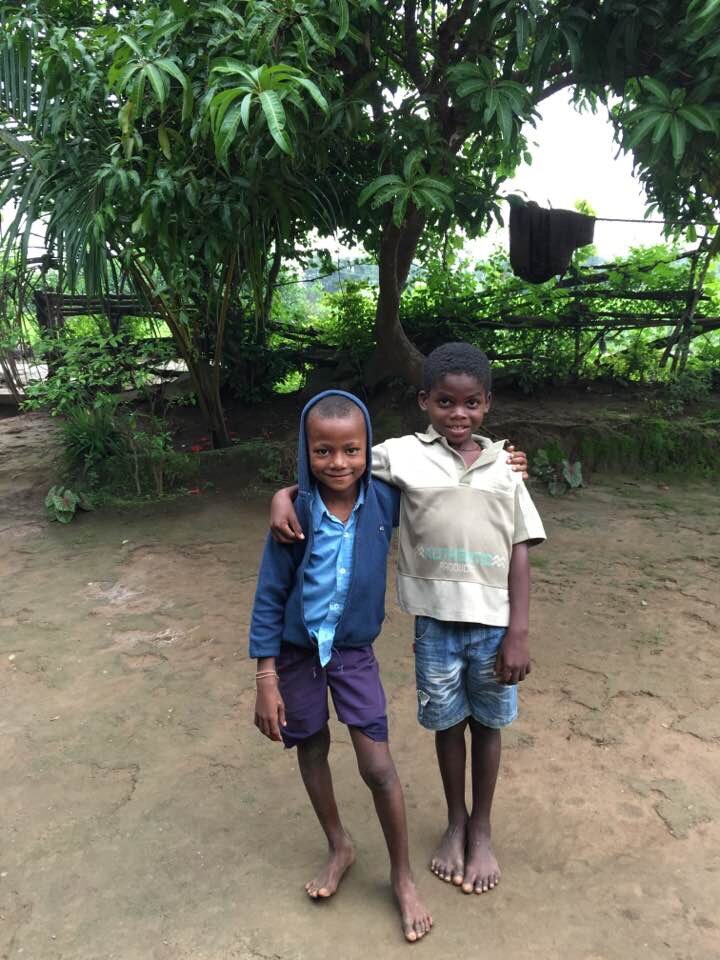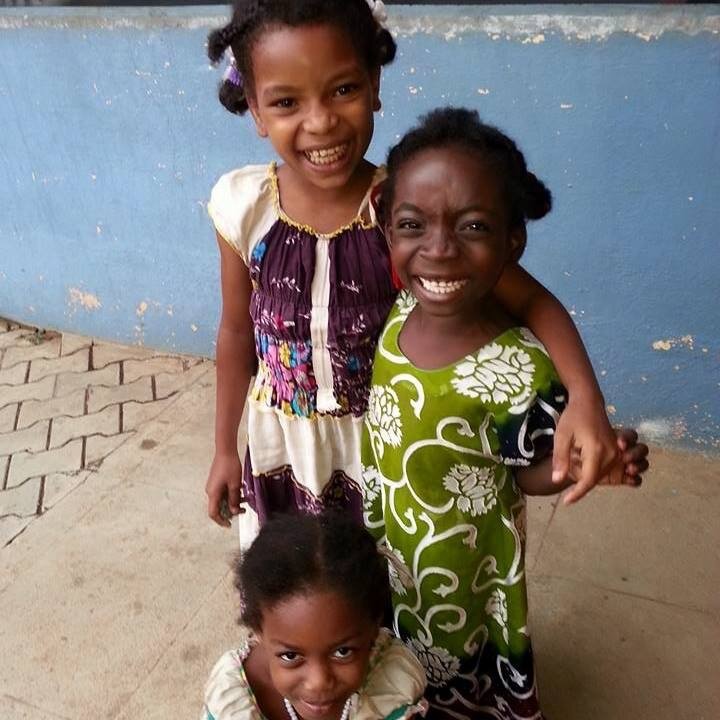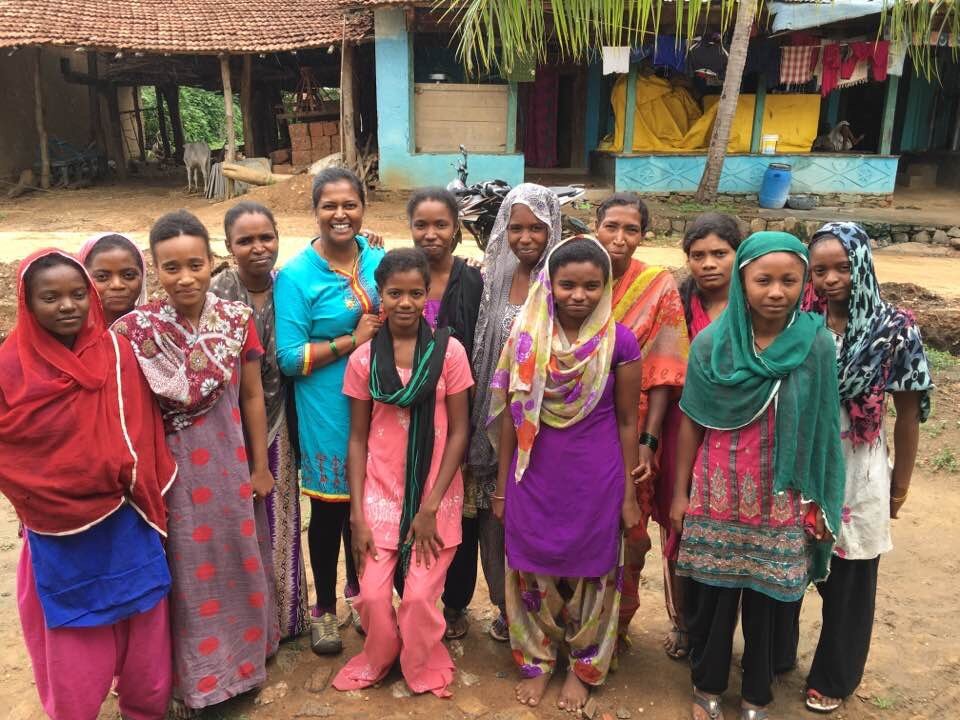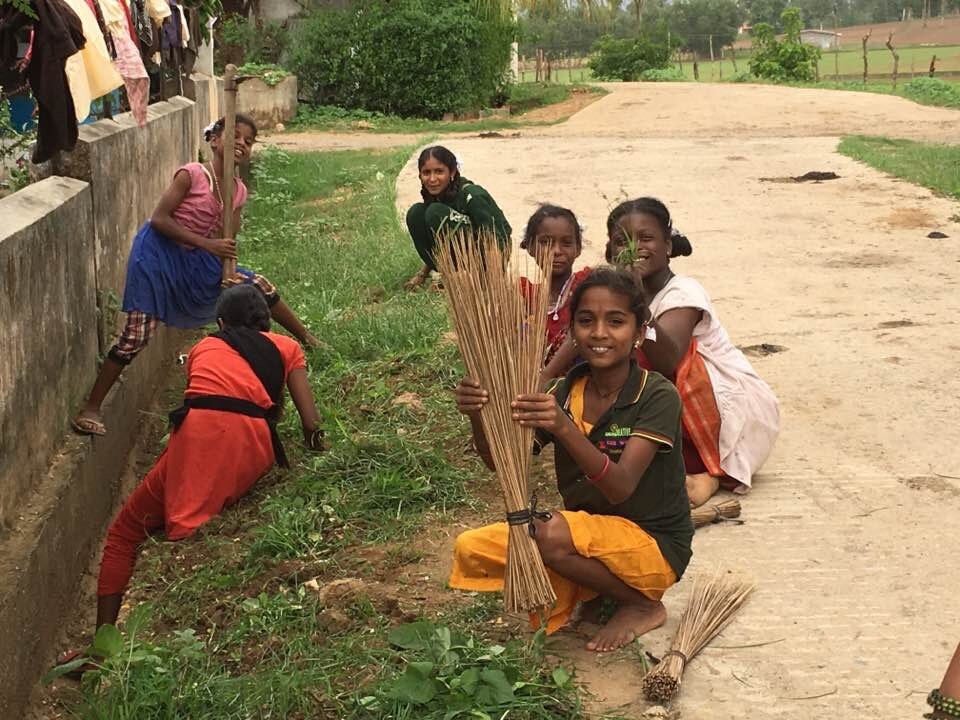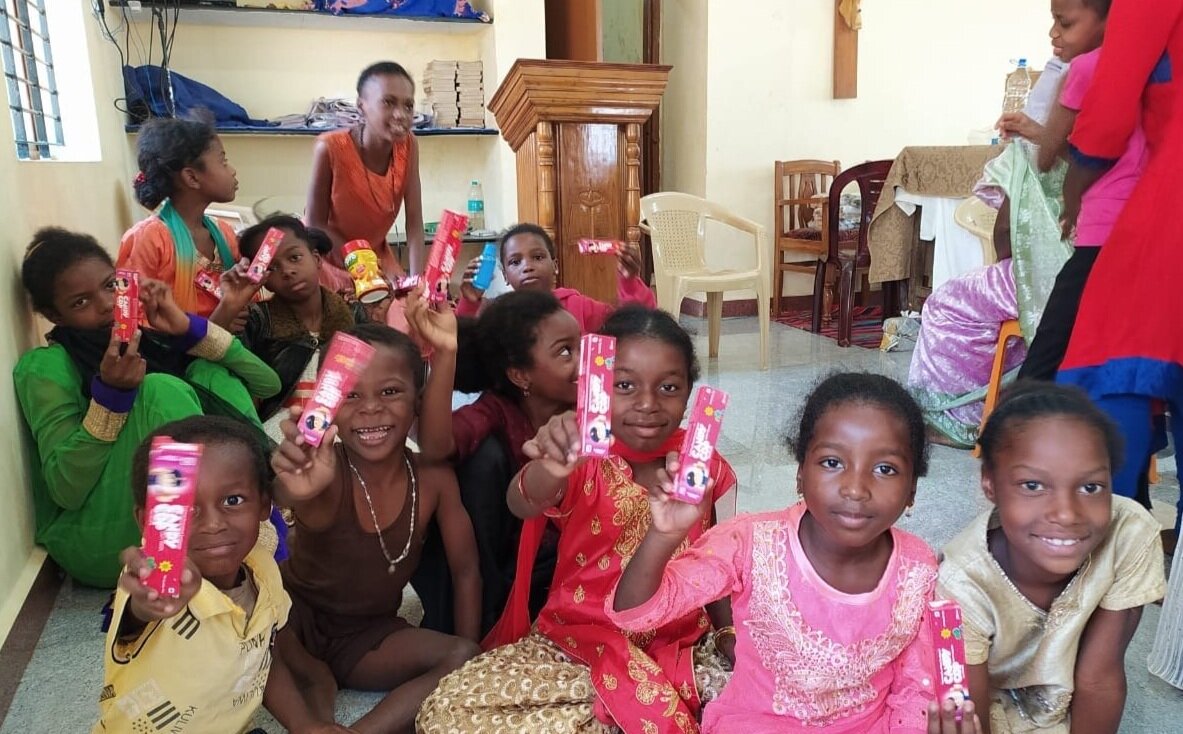Siddis are people of African descent who primarily live in the most remote parts of India. The Siddi people were brought to India through voluntary and involuntary migration by Arabs, Portuguese and the British. They have been living in India for more than 800 years.
India has a population of approximately 1.3 billion people of which African Indians comprise of approximately 60,000 making them a minority group of people. The Siddi communities live in remote forest or rural agricultural areas of Karnataka, Goa, Maharashtra, Andhra Pradesh, Gujarat, Daman and Diu. Siddis have also adopted all aspects of the Indian culture, traditions and practices.
They speak a variety of Indian languages specific to their geographic areas and do not speak any African languages. However, there are a handful of Swahili (east African language) words which can be heard in some traditional Siddi folk music. Through their music, dance and song there is a connection to their heritage from Africa. Siddis are the least visible among the 1.3 billion Indians found in India, leaving them to be socially, politically and economically marginalized. In some states, Siddis are classified as a Scheduled Tribes (STs) which now allows a small group of Siddi communities the opportunity to find employment as government employees and attend school with this status. However, Siddis face a myriad of challenges, they have limited access to formal education, lack access to health care resources and are discriminated against due to their physical appearance. Siddis are often mistaken as foreigners and are stopped by government officials and asked to show their proof of citizenship as Indians. In spite of their many challenges, Siddi people are very warm, joyful, kind, spiritual and hard working. The majority of Siddis are daily wage and agricultural workers. In recent years some young adult Siddis have moved to urban settings and have completed their higher education. There are now some Siddis who are attorneys, social workers, teachers, IT specialists, and a few who are pursuing their PhDs. We at Small Acts for Sustainability are excited to continue partnering with the Siddi community.
This National Geographic video gives a greater insight into the lives of Siddis. The short video was produced by filmmaker Asha Stuart and narrated by one of our Global Ambassadors, Ramnath Siddi. Ramnath is a key partner on the ground for our Empower Women Sanitary Solutions cotton reusable pad project.



